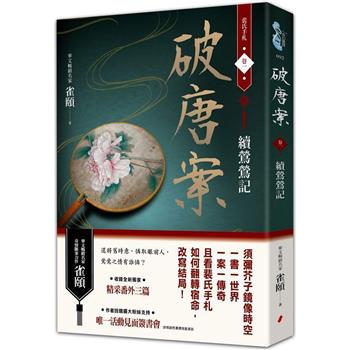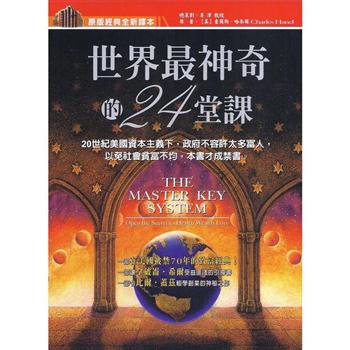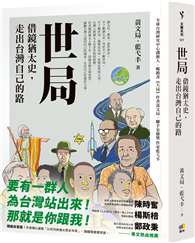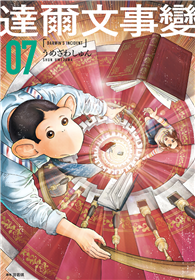LITHOGRAPHY FOR ARTISTS A COMPLETE ACCOUNT OF HOW TO GRIND, DRAW UPON, ETCH, AND PRINT FROM THE STONE, TOGETHER WITH INSTRUCTIONS FOR MAKING CRAYON, TRANS FERRING, ETC. by BOLTON BROWN. First published in 1930. PREAMBLE: IT IS suggested that one who puts out a technical book should begin by telling his public reasons why it should believe what he says. Reluctantly conforming to this, I will say that I was trained as a painter, also as an etcher, and have paid in time and labor the price necessary to the mas tery of the operations involved in both the art and craft of crayonstone lithography. Here is brought into co-operation an artists lifelong familiar ity with artistic problems and a technical grasp of the craft side of the mat ter from graining the stone to flattening the finished proofs. The British Museum has a practically complete set of my prints, presumably as works of art while in the offices of the heads of several of the best lithographic firms in New York they also may be seen hanging, bought and placed there as examples of craftsmanship. For a year I worked with my stones and presses in London. Then I brought them over to my present home at Woodstock, New York. Here I have gradually rounded out a sufficiently complete equipment Here it is that I have done my private work, and here people sometimes come to study with me. Here in 1919 I put out what I think was the first published offer in this country to teach artistic lithog raphy. When I go down from this rustic retreat to New York, it is general ly to work for the rest of the world write, lecture, print, exhibit whatever comes up to be done. As I have worked making my own lithographs I mean I have kept up a continuous and extensive experimenting with a view to subordinate to my purposes various new substances and methods. The bulk of the infor mation thus obtained has had only a negative value but in a few instances, important inventions of interest to artists generally have resulted. I have not, however, in cases where these are incorporated in succeeding chapters, thought it worth while to cumber my pages with a continual patter of re marks as to how this or that formerly was, or now is, done by others. Any one who wants to may do this and it would be of interest, for sometimes the new usages vary so widely from the old as to constitute almost a new art Indeed, when working thus, solely for my own artistic aims, I have found this almost-new lithography more rewarding, more tempting to new fields, more certain of getting results, more lovely in results when got, than I ever dreamed was possible when I began. Probably that particular new contribution which can be most readily appreciated is the one which puts into our hands a power, somewhat like that of the plate printer, to get tints and tones and richnesses by manipula tions of oil and draggings of ink on the copper plate. The lithographic achievement of analogous results is entirely new. The results it is, not the process, which are analogous, for you cannot smear your ink and oil on stone as you can on copper. The means are unique, but the results are a richness suggestive of charcoal, mezzotint effects of great beauty, and, as I said, not hitherto obtained, or possible, in lithography. That I have written in a highly condensed and, from a literary point of view, unrewarding style is explained by the fact than any other style would have led on to a book of quite impracticable dimensions...
| FindBook |
有 1 項符合
Lithography for Artists: A Complete Account of How to Grind, Draw Upon, Etch, and Print from the Stone的圖書 |
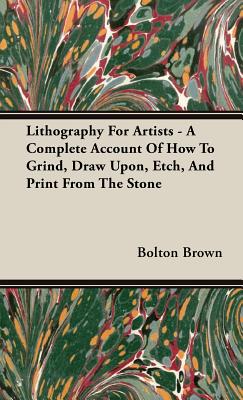 |
Lithography for Artists: A Complete Account of How to Grind, Draw Upon, Etch, and Print from the Stone 作者:Brown 出版社:Redgrove Press 出版日期:2008-11-04 語言:英文 規格:精裝 / 136頁 / 21.6 x 14 x 1 cm / 普通級 |
| 圖書館借閱 |
| 國家圖書館 | 全國圖書書目資訊網 | 國立公共資訊圖書館 | 電子書服務平台 | MetaCat 跨館整合查詢 |
| 臺北市立圖書館 | 新北市立圖書館 | 基隆市公共圖書館 | 桃園市立圖書館 | 新竹縣公共圖書館 |
| 苗栗縣立圖書館 | 臺中市立圖書館 | 彰化縣公共圖書館 | 南投縣文化局 | 雲林縣公共圖書館 |
| 嘉義縣圖書館 | 臺南市立圖書館 | 高雄市立圖書館 | 屏東縣公共圖書館 | 宜蘭縣公共圖書館 |
| 花蓮縣文化局 | 臺東縣文化處 |
|
|
圖書介紹 - 資料來源:博客來 評分:
圖書名稱:Lithography for Artists: A Complete Account of How to Grind, Draw Upon, Etch, and Print from the Stone
|


